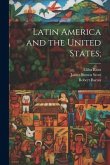In this volume an international group of anthropologists and historians examines the complex relationships between family life, culture, and economic change in Latin America and the Caribbean. Dissatisfied with interpretations based on European experience, these scholars incorporate the particular histories, ideologies, and aspirations of New World peoples into analyses informed by general theory. The study of kinship in Latin America has been in the past dominated by anthropologists concerned with primitive Indian groups. The few scholars who have investigated family life in urban or more developed rural groups have focused on what they believe to be the impact of modernization on traditional systems brought from Europe or carried forward from an Indian past. In Kinship Ideology and Practice in Latin America, the contributors show that, contrary to the belief that urbanization and economic development lead to individualism, social atomization, and the dissolution of the family, the rich as well as the poor of Latin America are sustained by, and use, extensive kinship ties. The essays include analyses of kinship and godparenthood among slaves in the West Indies and Brazil; studies of Andean kinship from Incan times to the present; and descriptions of kinship and marriage among Brazilian slum dwellers and plantation workers, Mexican millionaires, cowboys, and peasants, and the Jamaican middle class. One essay uses translations of original documents to follow the changing meanings of such concepts as love, "heart," concupiscence, and carnality during the economic changes that affected colonial New Mexico. Each contribution focuses on a particular aspect of the four major areas covered: the definition and dynamics of kinship, familial ties originating in nuclear relations and their extensions, the meaning and institutionalization of "compadrazgo" (ritual kinship), and the organization of marriage. In his introduction, Raymond Smith discusses the present state of kinship theory with special reference to the issues illuminated by these essays. He notes that contributors from varied backgrounds in history, anthropology, and sociology meet on common ground because "given a theoretical approach that views society as a process in time, structures by principles that are historically reconstituted, reproduced, and transformed, it is evident that history and social science cease to be distinguishable." With this premise, Kinship Ideology and Practice in Latin America should appeal to scholars from a number of disciplines. Originally published in 1984. A UNC Press Enduring Edition -- UNC Press Enduring Editions use the latest in digital technology to make available again books from our distinguished backlist that were previously out of print. These editions are published unaltered from the original, and are presented in affordable paperback formats, bringing readers both historical and cultural value.
Hinweis: Dieser Artikel kann nur an eine deutsche Lieferadresse ausgeliefert werden.
Hinweis: Dieser Artikel kann nur an eine deutsche Lieferadresse ausgeliefert werden.

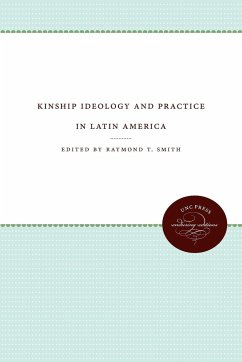
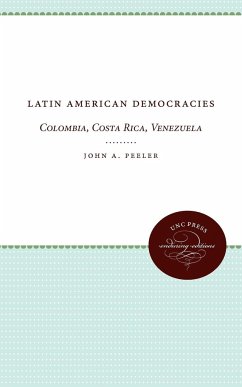
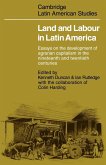

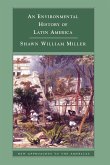
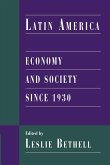
![The Gospel in Latin Lands [microform]: Outline Studies of Protestant Work in the Latin Countries of Europe and America The Gospel in Latin Lands [microform]: Outline Studies of Protestant Work in the Latin Countries of Europe and America](https://bilder.buecher.de/produkte/65/65509/65509872m.jpg)
